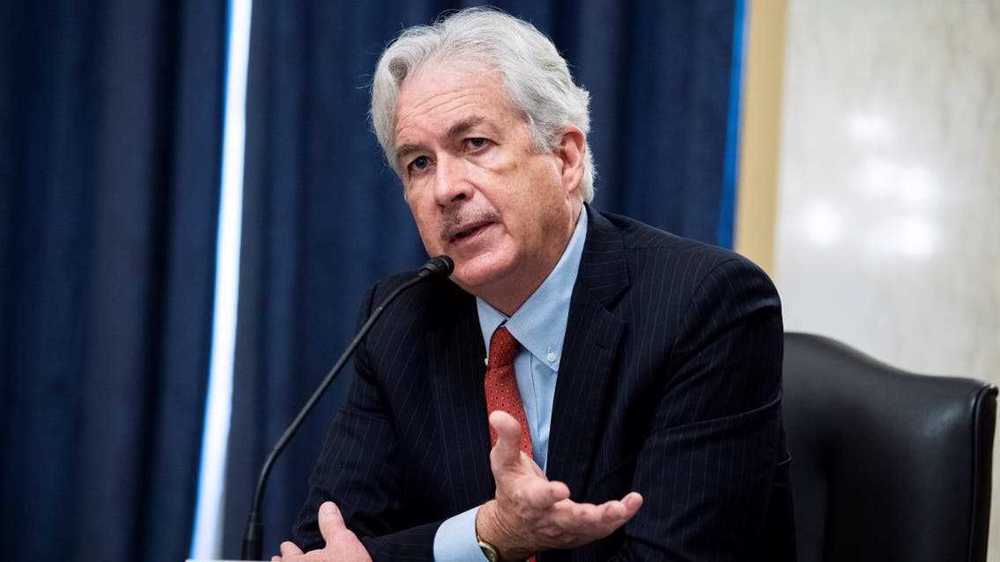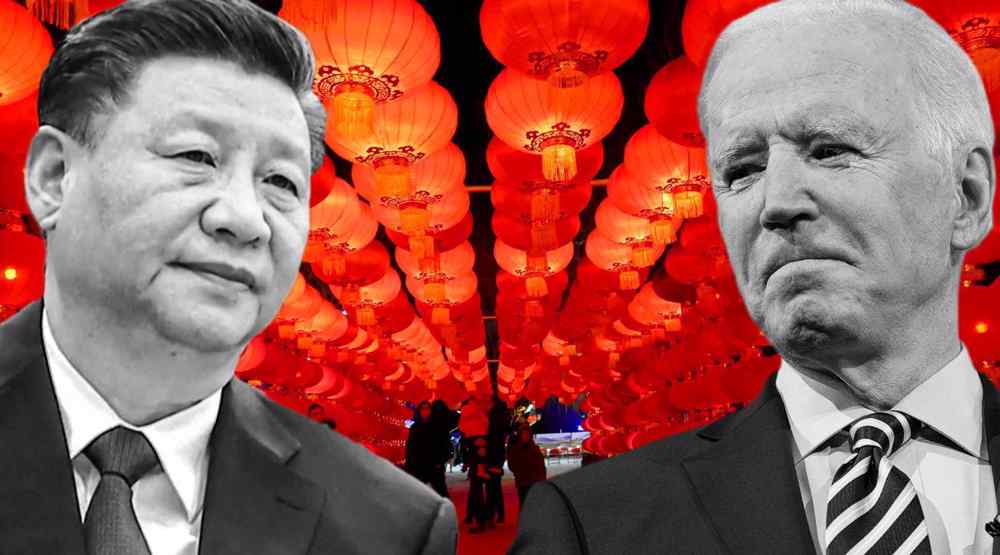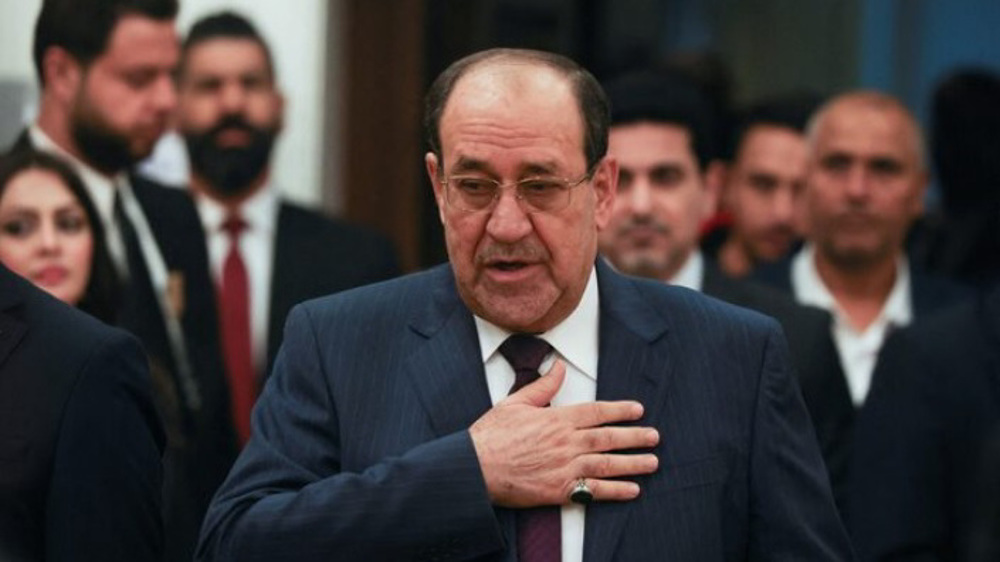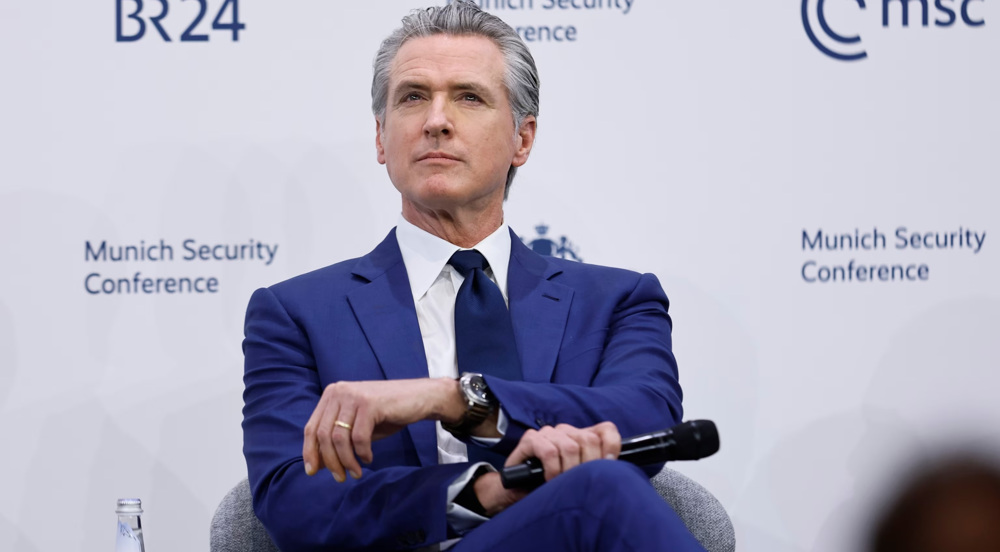CIA says China poses ‘the most important geopolitical threat’ to US
The US Central Intelligence Agency (CIA) has launched a new mission center to address what it calls “the most important geopolitical threat” posed by China, amid renewed tensions between Washington and Beijing.
CIA Director William Burns said in a statement Thursday that the new unit, called the China Mission Center, will “further strengthen our collective work on the most important geopolitical threat we face in the 21st century, an increasingly adversarial Chinese government.”
Burns said that his agency will still focus on other threats as well, including those emanating from Russia, North Korea and Iran.
The CIA’s renewed attention to China is the latest evidence of the Biden administration’s focus on Beijing as its main foreign policy target.
Since taking charge of the White House earlier this year, the Biden administration has been directing resources toward countering China.
US President Joe Biden has China a top national security threat to the United States.
In an attempt to defend his decision of withdrawing US forces from Afghanistan, Biden stressed the need to refocus resources on addressing threats from China and Russia and to shore up American competitiveness “to meet these new challenges in the competition for the 21st century.”
“There’s nothing China or Russia would rather have, would want more in this competition than the United States to be bogged down another decade in Afghanistan,” Biden said in an August speech following the completion of the withdrawal.
Relations between China and the US were severely strained under former Republican President Donald Trump, who viewed the rise of China as a threat to the United States.
Beijing hoped for an improvement in relations under Biden's administration, but the Democratic president has so far shown no sign of backing down on hardline policies toward Beijing.
The US president has even urged his democratic allies in Congress to harden their stance on China.
Beijing has denounced Washington’s aggressive policy, describing it as “too negative.” It has said that Biden is pushing towards confrontation rather than cooperation.
Earlier this year, high-level diplomatic talks between the two sides saw both American and Chinese officials exchanging barbs.
Chinese officials accused the US of provoking countries “to attack China”, while the American officials said China had “arrived intent on grandstanding”.
There are many contentious issues the two countries have been quarreling over. The US accuses China of genocide against the Uighur population in the province of Xinjiang. China has rejected the accusations, asking the US to stop interfering in what Beijing considers its “internal affairs.”
The two countries have also been locked in a trade dispute since 2018, when the Trump administration imposed tariffs on more than $360bn (£268bn) of Chinese goods, and China retaliated with tariffs on more than $110bn of US products.
US meddling in the South China Sea and provocative speeches by the US officials have also angered China, with Beijing accusing Washington of being the "direct driver of tensions" in the region.
The South China Sea is a gateway to major sea routes, through which about 3.4 trillion dollars’ worth of trade passes each year. China claims sovereignty over much of the strategic waterway and has since 2014 built artificial islands on reefs and installed military bases on them.
The dramatic developments in Afghanistan have also pitted them against each other.
VIDEO | Iran holds 40th day memorial service for victims of US-orchestrated coup
Back to SAVAK days: Pahlavi monarchist violence surges against diaspora opponents
Russia threatens to deploy navy to protect vessels from ‘Western piracy’
Iranian Navy chief: Extra-regional fleets in West Asia 'unjustified'
'Die alone or with your family': Lebanese man killed after Israeli call
Iran, Russia to hold joint naval drill in Sea of Oman, Indian Ocean
Macron: French citizens fighting for Israel cannot be 'genociders'
VIDEO | Press TV's news headlines











 This makes it easy to access the Press TV website
This makes it easy to access the Press TV website